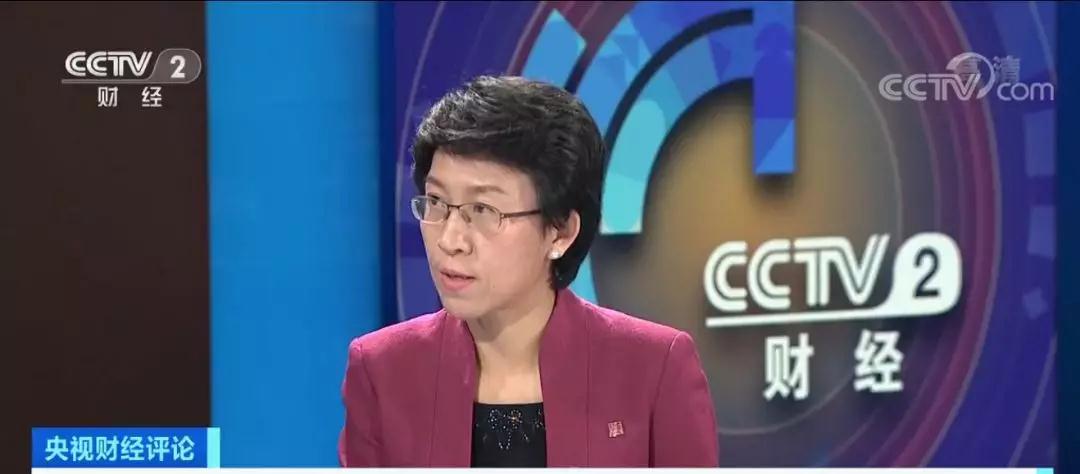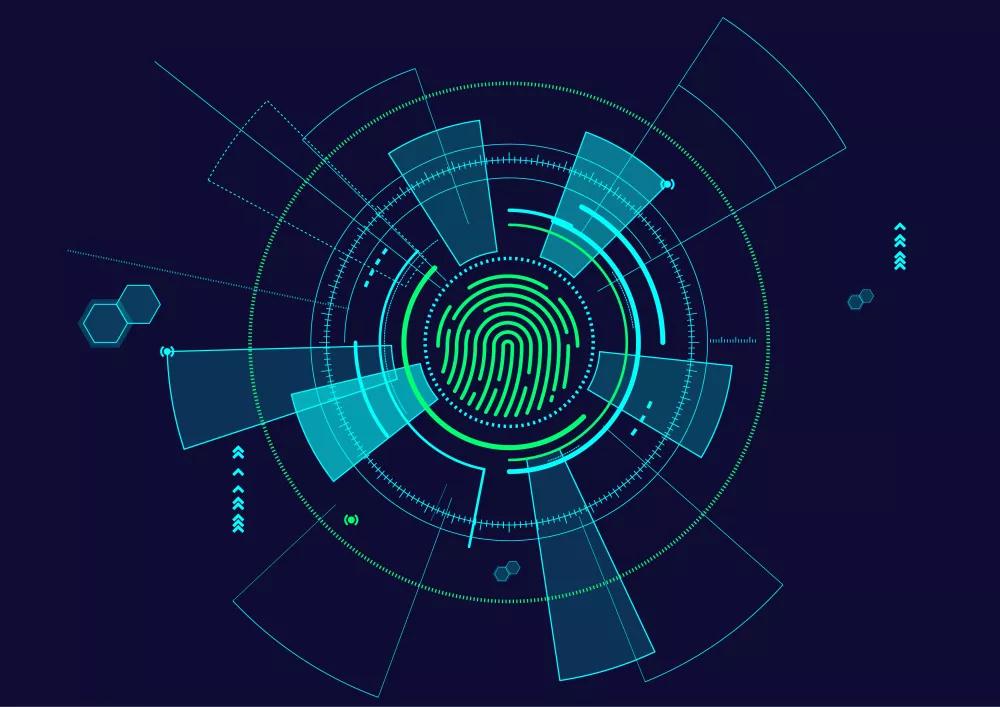Blockchain-related stocks started soaring in China and the buzzword dominated social media after President Xi Jinping earlier this month called for more research and investment into the technology, stressing its key role in a new round of technological innovation and industrial transformation, at a group study session for members of the Communist Party of China (CPC) Central Committee Political Bureau.
Liu Xiaolei, finance professor with Peking University’s Guanghua School of Management, offered insights into the prospect of blockchain’s development in China recently at an interview with the state-run China Central Television’s finance channel.

Q: What is the signal sent from this high-level CPC group study on blockchain?
L: The country wants blockchain technology to support the real economy by focusing on long-term, stable development instead of short-term speculation. Future policies will encourage the application of blockchain as well as data sharing among government organs, enterprises and various institutes. However, it should be noted that this move is not related to bitcoin, and people should be wary of those taking advantage of the blockchain tide to pursue illegal gains.
Q: Were there specific key fields for the application of blockchain technology mentioned so far?
L: First, those directly concerning people’s livelihoods, such as poverty relief, health care, elderly services, food safety and administrative services. As for the real economy, blockchain will lower the financing cost for companies, which is a good news especially for small- and medium-sized businesses.
Q: Some of these problems have existed for a long time. Can blockchain effectively solve them?
L: The core benefit of blockchain is to realize data sharing between different groups, and once data is shared, we will undoubtedly see more convenience in people’s day-to-day living. For instance, the city of Loudi in central Hunan Province has uploaded housing and utilities data onto blockchain so now residents can easily transfer property rights of houses as well as accompanying water, electricity and gas records while applying for loans at banks.

Q: President Xi urged to step up research on the standardization of blockchain to increase China's influence and rule-making power in the global arena. Is this the big challenge?
L: Cryptography is a huge part of blockchain, so it’s good that China just passed its cryptography law. Our country has its own independent national cryptographic standards, and we will have bigger influence on the world stage if these standards can be adopted as the cryptographic standards for blockchain.
Q: How is the prospect of digital currency in China?
L: I have my eyes on the digital currency to be released by our country’s central bank because it will be the country’s sovereignty currency, to which bitcoin or Libra won’t be able to compare.
Q: What should we watch out for during blockchain’s development?
L: The key issue will be the ownership of data. We should legislate in this area and see to that enterprises and departments are licensed to own and operate on such data within a permitted scope.

Q: How to understand blockchain’s fundamental function?
L: Simply put, blockchain will help build a digital China. Our country’s rapid development over the past seven decades have been largely driven by investment and a big population. In the future, it might be driven by data. A huge amount of data is produced in China. Such data will not become outdated, and it’d be better if more people use and share it. However, there are drawbacks. The sharing of data can be difficult, unlike a car or a factory, and we are still exploring how to effectively convert data into capital and new production factors.
In order to enable data sharing, we need to have a data center. We need to constantly manage its operation since data is being produced nonstop, and blockchain is a good way of maintaining this data. As a ground-level technology to help convert data into means of production, blockchain has huge potential.
 Programs
Programs